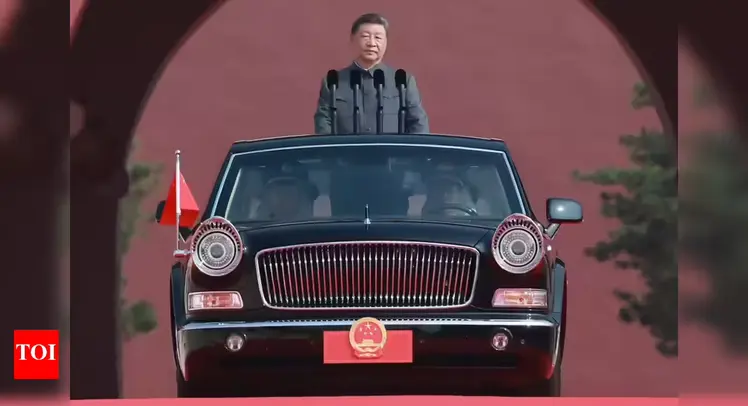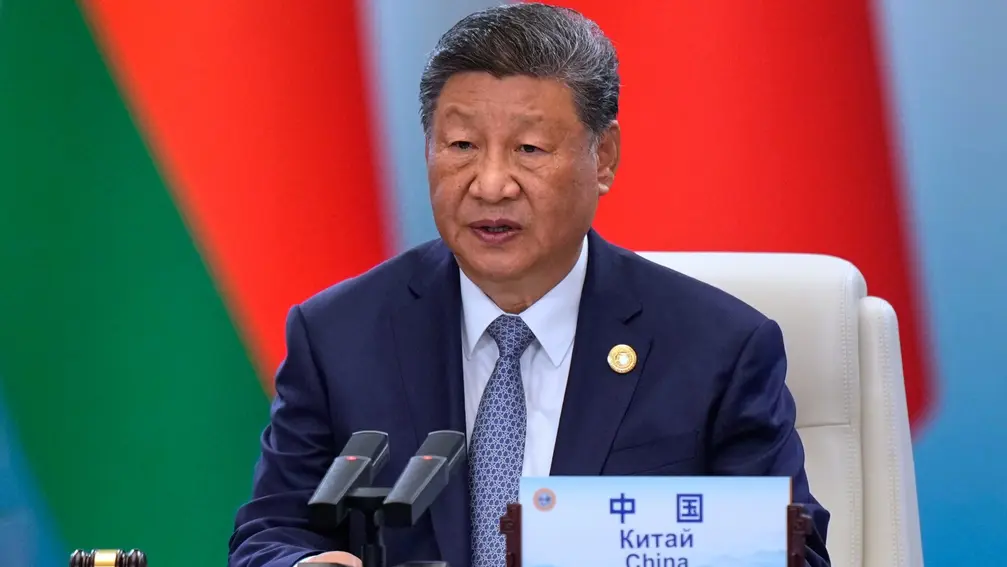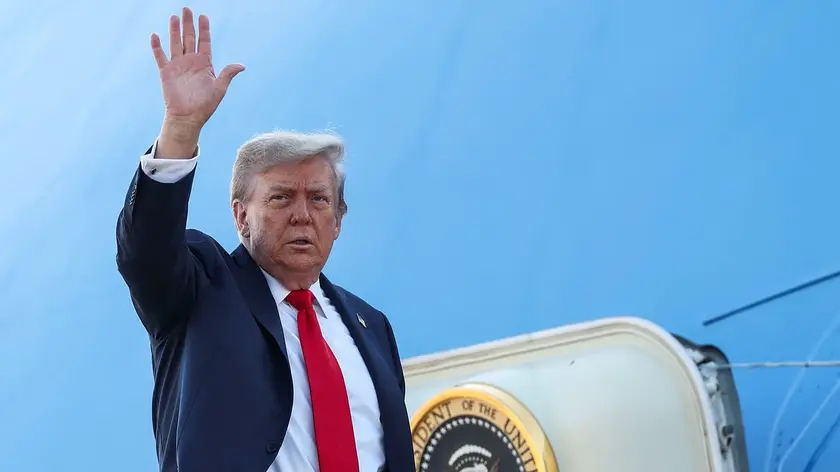T4K3.news
China shifts global balance with Beijing-led order
Xi Jinping promotes a China-centered global governance model as traditional US leadership faces critique and pushback from allies

China positions Xi as the anchor of stability while critics warn of a new balance of power.
Xi Jinping Builds a Global Structure Centered in Beijing
Xi Jinping frames China as the new anchor of global stability and prosperity, arguing that dialogue and win-win cooperation should guide world governance. The speech and accompanying coverage show Beijing courting a diverse set of partners in a move to counterbalance a perceived US drift under Trump and to shift attention away from Western lead institutions.
The article notes growing momentum for a Beijing-led network of institutions and agreements, including a new SCO Development Bank, visa-free travel with Russia, and calls for a BRICS currency. It also highlights expanding ties with ASEAN, OPEC+, and Gulf states as signs of a parallel, multipolar order that could operate outside Western vetoes and Nato-like commitments.
Key Takeaways
"China’s boast to be an anchor of stability now rings true-at least in relative terms… Mr. Xi’s guest list does not demonstrate that China yet runs a new world order. But it does show how much damage Mr. Trump is doing to American interests."
The Economist’s assessment of Xi’s diplomacy amid Trump’s policies
"Trump gave America’s adversaries an opportunity they haven’t seized. But they’re showing up to Xi’s party anyway."
Michael Schuman of The Atlantic on shifts in alliance patterns
"This week is a diplomatic triumph for Beijing. But China is still years away from matching US power in finance, security and technology."
Neil Thomas of the Asia Society Policy Institute on Beijing’s gains and limits
"Chinese leaders still see Western countries as a unit… and they need Russia as a counterbalance."
Sergey Radchenko of Johns Hopkins on alignment dynamics
Beijing’s push rests on a simple claim: stability comes from predictable powers working together under regional leadership rather than a US-led liberal order. The calculus is both diplomatic and economic. By hosting a cluster of like-minded states, Xi seeks legitimacy for a governance model that values sovereignty and regional clout. That strategy reduces Western leverage while increasing the room for non-Western voices in setting global norms.
Yet the effort faces clear limits. There are deep fault lines with India over borders, and Russia and China compete for influence in Central Asia. Europe remains wary, and NATO remains a reference point even as many countries hedge their bets. The long arc will hinge on whether Beijing can translate talk into durable alliances, credible security guarantees, and sustainable financing for its plans. The question is not if a new order will emerge, but how far it will spread and how it will be policed by norms that many democracies still endorse.
Highlights
- We want the UN Charter back not someone else s in-house rules
- Trump gave America s adversaries an opportunity they haven t seized
- Beijing seeks a multipolar world with China at the center
- China is not a disruptor but a fixer of global disorder
Political sensitivity risk
The piece engages with high-stakes geopolitics and could provoke political pushback from Western partners and domestic audiences. It highlights potential backlash and sensitivity around China policy and global governance.
The coming years will test whether Beijing’s strategy can translate ambition into durable, broadly accepted governance.
Enjoyed this? Let your friends know!
Related News

Development bank part of SCO push

Global power realignment under way

Asia realigns as India China thaw shifts US strategy

SCO summit opens with Putin Modi in attendance

South-South trade links deepen

Putin frames Ukraine war at SCO summit

China signals new world order

China Builds Pride in Party Rule Through War Memory Parade
